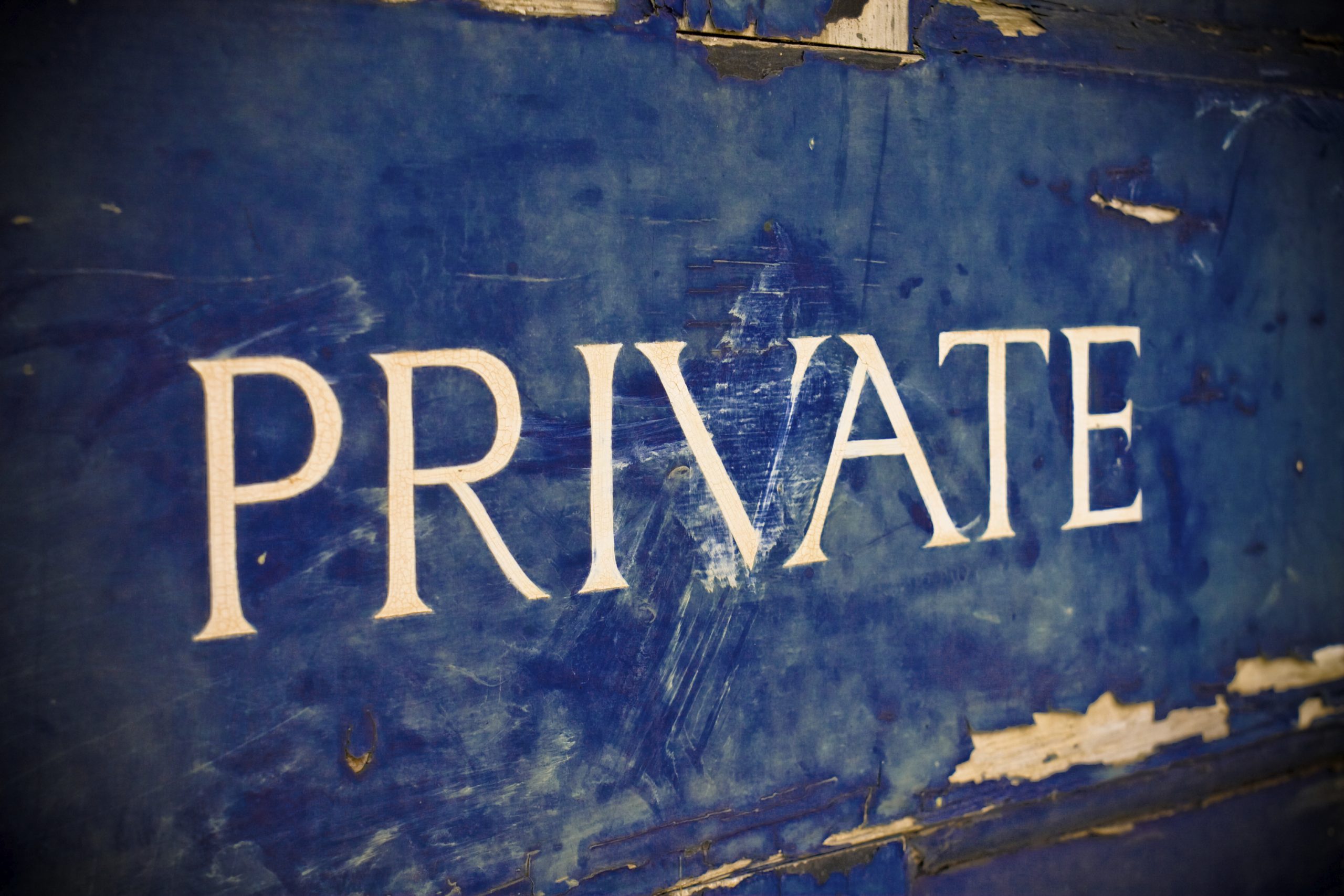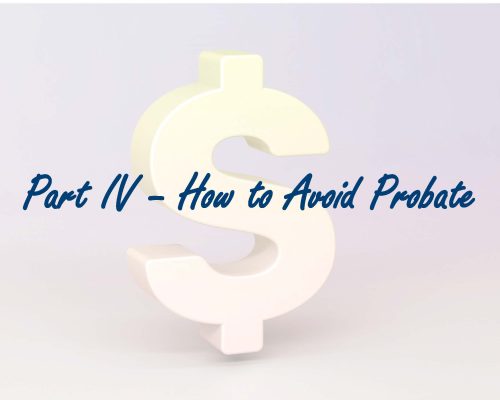Keeping your estate confidential
- Explaining that registering your will doesn’t divulge anything about the will itself,
- Explaining how a member of the public can obtain your will as well as an Affidavit setting out the value of your estate if the will is probated
- Providing options for how to keep your estate confidential, using a trust, other tools for having assets pass outside the estate, or “dual wills”
- Describing what “dual wills” are.
Is privacy about what your children will inherit important to you? Maybe it’s important to them?
Last week’s column was about registering your will with the Province of British Columbia’s Will Registry.
No privacy loss about inheritance there because only the existence and location of your will is registered.
Nobody except you and your lawyer or notary can access that limited information while you’re alive. You could change your will weekly, registering with the Will Registry every time, and nobody could find out.
Anyone armed with a death certificate can search the Will Registry after you’ve passed away, but the only information they’ll get is the date and location of the will. The will itself isn’t registered, just a form that refers to the date and location of the will.
The risk of privacy loss comes when your executor goes through the probate process.
Any member of the public can do an online search of the Province of British Columbia’s court registries through Court Services Online. The search form specifically allows you to search for probate files by the deceased’s name.
If you have trouble finding the online search tool, let me know and I’ll help you.
You get a list of files that provides the court registry location, file number, date the file was opened and the date the file was last updated.
For a $6.00 fee you can see the name of the person who has applied for probate as well as a list of documents on file.
Some of the listed documents can be viewed online for another $6.00 fee. Some others can be sent to you by request for a $10.00 fee.
Other documents, like the will, require a request to the court registry where those documents were filed, but can be obtained for a photocopying fee of $1.00 per page.
The will itself is unlikely to give any information about the size of the estate. But there will be an Affidavit sworn by the executor or administrator of the estate that lists the estate assets and their value.
Armed with the Affidavit that sets out the value of the estate, and the will that sets out how the estate is to be divided, the curtain is lifted on your children’s inheritance.
Is there a way around this?
Absolutely.
Your will, and the value of your estate, can be kept confidential if there is no probate.
I’ve written in some detail about how you can structure your estate to avoid the expense of probate (legal fees and probate fees) in previous columns. Let me know if you have trouble finding those columns and I will help you.
The method that works almost exactly like a will, but sidesteps the probate process, is setting up a trust.
A trust is more expensive to set up than a will and there is ongoing administrative effort and accounting expense. But that is partly offset by avoiding the legal expense and fees related to probate. And some might say it’s a small price to pay for confidentiality.
Other tools like joint ownership or transferring your assets to your beneficiaries before you die are just as effective but have downsides such as loss of control, tax implications and making your assets vulnerable to your beneficiaries’ creditors.
Yet another tool that I’ve not written about before is something called “dual wills”.
You make two wills.
One will is probated. It says what’s to happen with your house, vehicle, bank accounts and any other assets that require an estate grant to be transferred to your beneficiaries.
The other will, which can be kept confidential, is not. It says what’s to happen with those of your assets that do not require an estate grant.
Dual wills are of value only if there are significant assets that don’t require an estate grant. One such asset is shares in a privately held corporation. It is common for wealthier folks to have a holding company that owns much of their investments.
The confidential will says what’s to happen with those shares as well as anything else not requiring probate (gold bars, art collection, antiques, expensive furniture, etc.).
The approximately 1.4% probate fees are avoided for the assets governed by the confidential will. And the existence of those assets is kept confidential because that will is not available to the public.
Please ensure that you get legal as well as tax advice about your estate plan. Dual wills have complexities and should not be attempted without the assistance of a lawyer.




